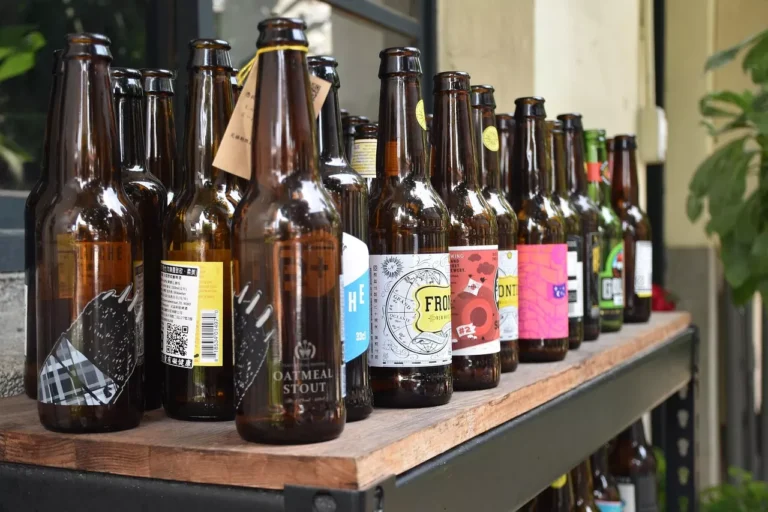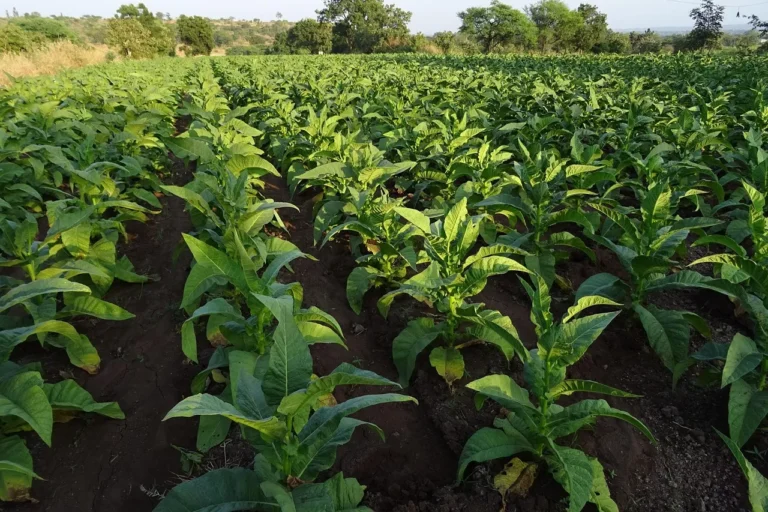
Amidst considerable disruptions in the external landscape, we have achieved a commendable financial performance. Leveraging our integrated and diversified business model alongside a robust balance sheet, we continue to be a dependable partner for our customers. However, we maintain a cautious outlook due to the unprecedented price fluctuations witnessed over the past six months and the potential ramifications for our customers and supply partners.
Our strategic initiative, BC Next Level, remains pivotal to Barry Callebaut’s future prosperity, and we are on track with its implementation. We are fortifying our business’s resilience by forging closer ties with our customers, optimizing operations, and accelerating our digital transformation. Alongside investments in key customer-centric areas, we are instituting efficiency measures to streamline our processes and eliminate redundancies. Currently, we are in dialogue with our social partners to facilitate the implementation of crucial activities, reaffirming our commitment to supporting all employees affected by our strategies.
During the first six months of fiscal year 2023/24, ending February 29, 2024, the Barry Callebaut Group reported a modest sales volume growth of +0.7% (totaling 1.1 million tonnes). Notably, the second quarter sustained this momentum with a +1.0% volume growth, despite the challenging operational environment.
Global Chocolate exhibited a commendable +1.0% volume growth, surpassing the declining trend in the global chocolate confectionery market (-2.0% according to Nielsen). Although Food Manufacturers faced challenges stemming from subdued consumer demand amid high inflation, Barry Callebaut adeptly navigated through by capitalizing on its diversified business model, particularly capturing the consumer shift towards Private Label chocolate offerings. Gourmet & Specialties segment recorded robust single-digit volume growth, driven by sustained demand across regions, bolstered by BC Next Level initiatives.
Regionally, positive volume growth was observed across most Global Chocolate markets. Notably, Western Europe saw a notable increase (+2.2%), primarily attributed to the growing preference for Private Label products and strong demand in the Gourmet segment. Similarly, Central and Eastern Europe exhibited robust growth (+3.5%), driven by recovery in Food Manufacturers volume and strong Gourmet performance.
In Latin America, volume growth accelerated in the second quarter, resulting in a first-half growth of +6.2%, led by Gourmet segment in Brazil. However, North America witnessed a slight decline (-1.9%) in sales volume, reflecting weaker consumer sentiment affecting Food Manufacturers, though Gourmet segment experienced steady demand.
Meanwhile, the Asia Pacific, Middle East, and Africa region faced challenges (-0.6%) amidst a tough consumer and inflationary environment, particularly in Greater China and Indonesia. However, regions outside of these markets exhibited high single-digit growth.
Global Cocoa sales volume experienced a slight decline of -0.7%, attributed to significant cocoa price increases. Notably, despite the adverse environment, Barry Callebaut continued to maintain robust sourcing practices. While large Food Manufacturers experienced volume pressure, regional customers in Asia showed positive growth.
In terms of financials, sales revenue surged to CHF 4,643.0 million, marking a significant increase of +19.6% in local currencies (+11.1% in CHF), primarily driven by cocoa price hikes and broader inflationary trends. Gross profit reached CHF 663.1 million, up +8.6% in local currencies (-0.2% in CHF), supported by favorable mix and adept management of inflationary pressures through cost-plus pricing models.
Operating profit (EBIT) recurring5 stood solid at CHF 339.4 million, representing a growth of +7.9% in local currencies (-2.6% in CHF) compared to the previous year. The performance surpassed volume growth, reflecting the pass-through of higher financing costs offset below the EBIT level, along with favorable mix.
Notably, reported EBIT stood at CHF 178.1 million, inclusive of one-off BC Next Level operating expenses, including non-cash impairments and write-downs related to planned site closures.
Net profit for the period recurring5 demonstrated resilience, growing in line with volumes, showcasing the company’s ability to safeguard margins amid a highly inflationary environment.
Despite operational improvements, net working capital surged to CHF 2,775.7 million, primarily due to the adverse impact of significantly higher bean prices.
Free cash flow generation experienced a notable decline, amounting to CHF -1,116.3 million, reflecting the increased working capital requirements and higher BC Next Level investments.
Net debt increased to CHF 2,637.4 million, driven by higher working capital, although adjusted net debt decreased to CHF 245.7 million, considering cocoa bean inventories as readily marketable inventories (RMI), buoyed by operational working capital enhancements.




